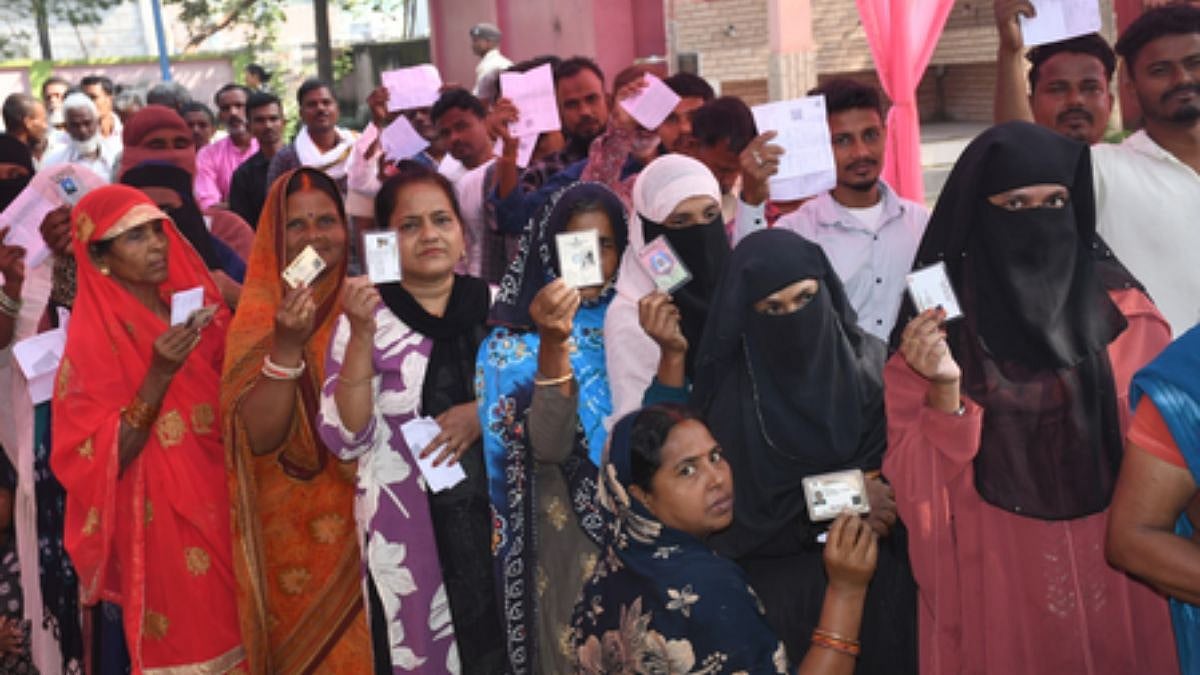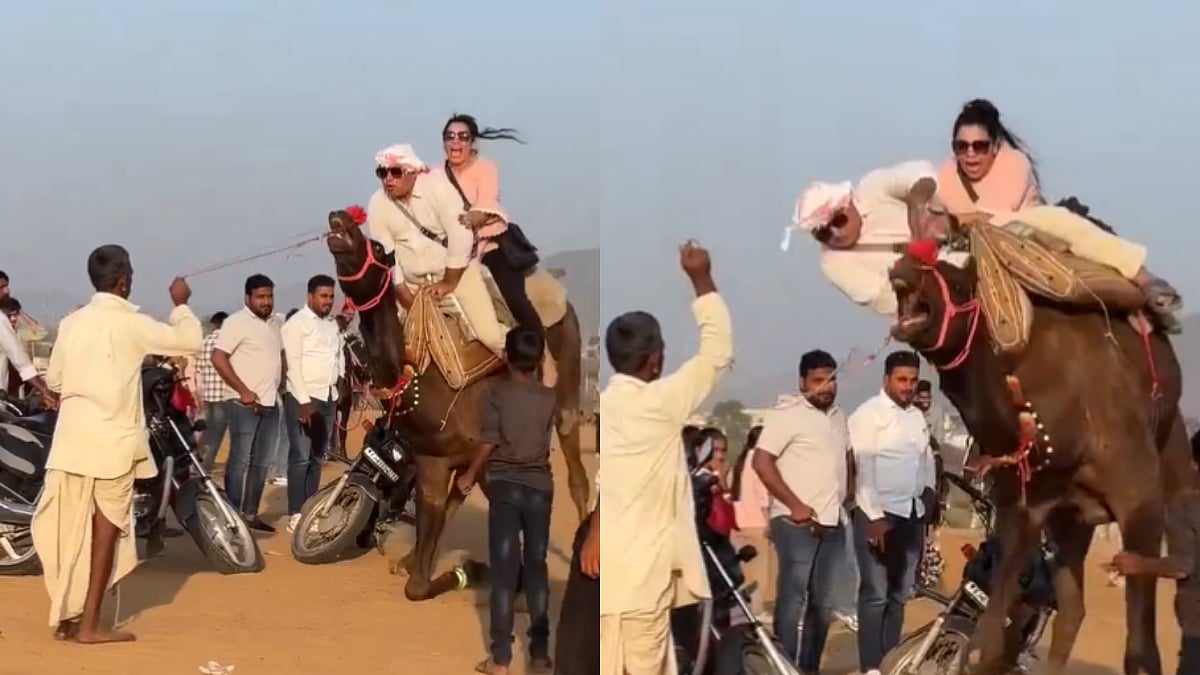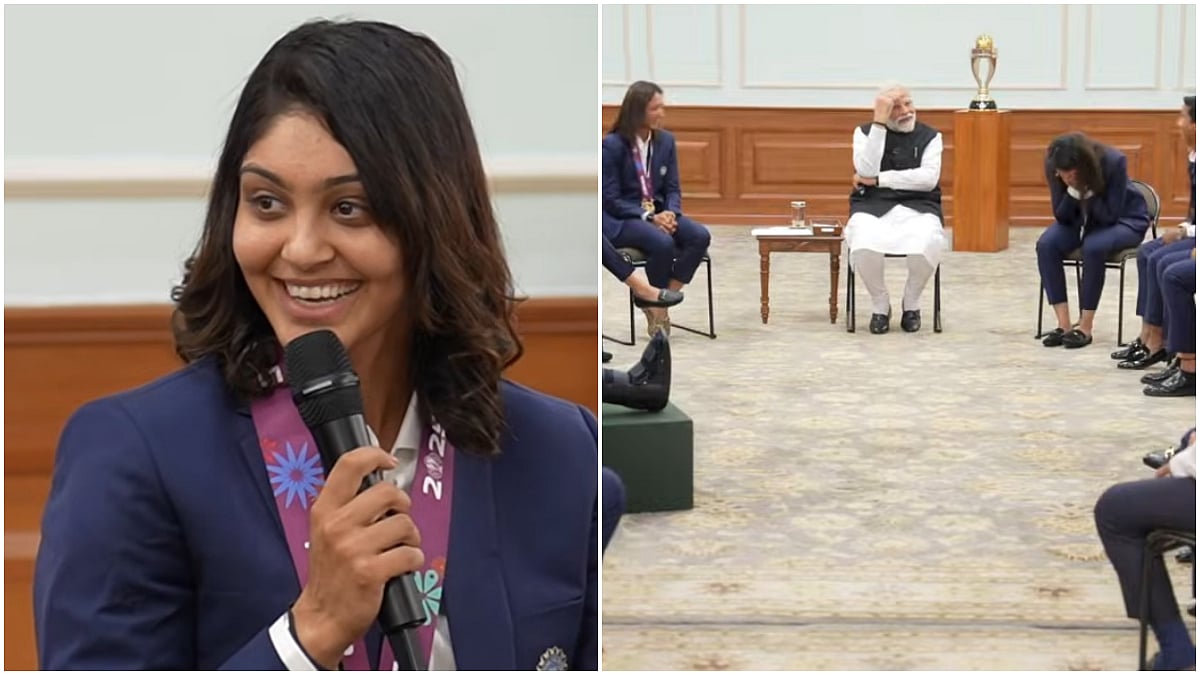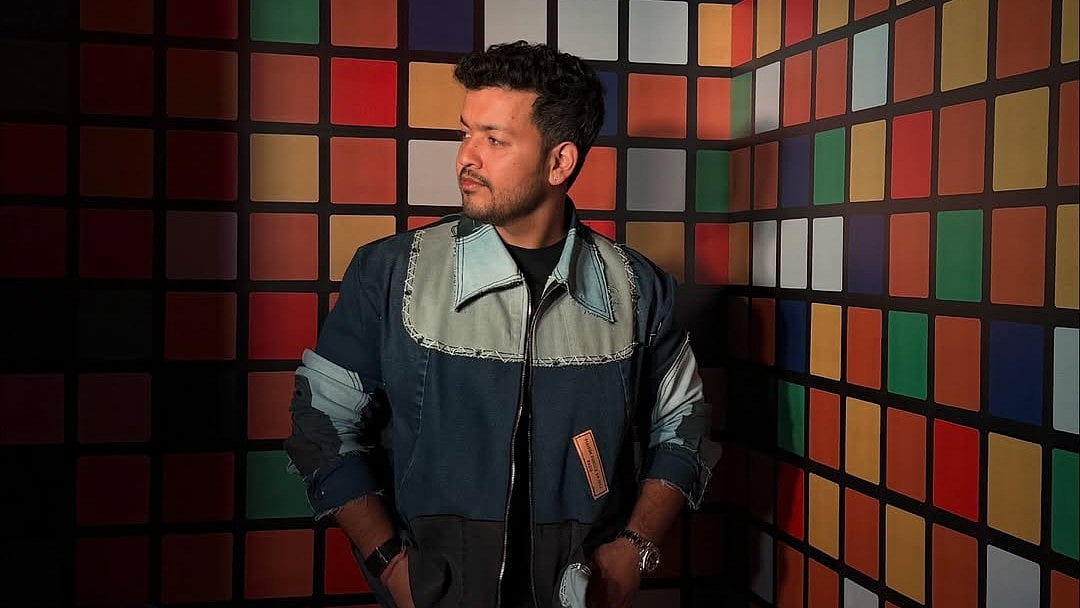India is often termed as a “young country” with median age of around 29 years and 65 per cent population being below 35. No doubt this is a great demographic dividend as the youth contribute significantly to nation’s development and economic progress.
The vigor and vibrance of Indian youth can be seen in all places, whether inside or outside the country. This is indeed a great pride for all of us. But in this euphoria, we often tend to forget a generation that has contributed with equal commitment and enthusiasm for last several decades and handed over a flourishing country to youth of today. Here we are talking about the often-forgotten generation of elderly people who are past their prime and are leading a peaceful life with lesser active life but with equal passion & love for the country.
This number of people above the age of 60 is quite significant at 138 million comprising more than 10 per cent of total population of India. And fact of matter remains that unless contribution of this generation is recognized and they are given their due respect, it is not fair. At the same time, elders must realize that they have had contributed enough and now it is time for them to rely on strength of next generation i.e., the youth.
It is in the above context that concept of inter-generational solidarity becomes extremely crucial for any society to proceed further in its next step towards advancement. A generation comes and gives way to the other: that is the spirit of life.
Inter-Generational Solidarity Defined:
This concept essentially implies that there is a need to build “solidarity” or “unity in approach” between various generations primarily between “elders” and “youth”, rationale being without this, a nation cannot move forward; a civilization can not sustain. The concept of solidarity is much beyond living together: it implies a strong “bondage of love and mutual respect”. Youth must recognize the earlier contribution by elders and hence show respect while at the same time, elders must move ahead with a sense of detachment and hand over reins to youth to manage affairs. This mutual understanding and inter-dependent co-existence is the root driver behind creation of inter-generational solidarity.
Global Initiatives:
At macro level, there have been lots of global initiatives in this regard.
United Nations have declared the Decade of 2021-2030 as Decade of Healthy Aging. This is an attempt to bring together various stakeholders including governments, communities, civil society, international agencies, academia and others to ensure that adequate attention is paid to concept of healthy aging and a due climate is created to facilitate it. Elderly people are at centre of this idea as the entire strategy and implementation hover around their well-being. The support and contribution of youth to enable healthy aging by elders is one of the key drivers.
The initiative of WHO Global Network for Age Friendly Cities & Communities was launched in 2010 to propagate this particular cause. It has seen some progress with 1,333 cities & communities from 47 countries getting connected through the above framework impacting lives of around 298 million people. This is a great mission by the WHO to create a world-wide movement of developing network of age friendly cities & communities whereby people from all ages can live together while taking care of special needs of elderly. The network endeavors to inspire, connect and provide assistance through developed models to create such communities on sustainable basis.
Even the theme of International Youth Day for 2022 has been promotion of inter-generational solidarity creating a world for all ages.
Indian Context:
To what extent there has been an impact of the above initiatives in India remains a question mark. India has traditionally been an extended family-oriented society where elders were always given their due respect. In fact, all of us were proud of such a system like children learning lots of moral values through story telling by grandparents. However, with shrinkage of living space and growing urbanization, there has been movement towards “unitary family” and hence elders have been left alone to take care of themselves. This is not restricted to only physical space or financial terms; even psychologically the elders have been “left alone” and that is the biggest problem. This “psychological loneliness” has been the root cause of depression among elders. Additional matter of concern has been increasing cases of “elder abuse” by close relatives including children.
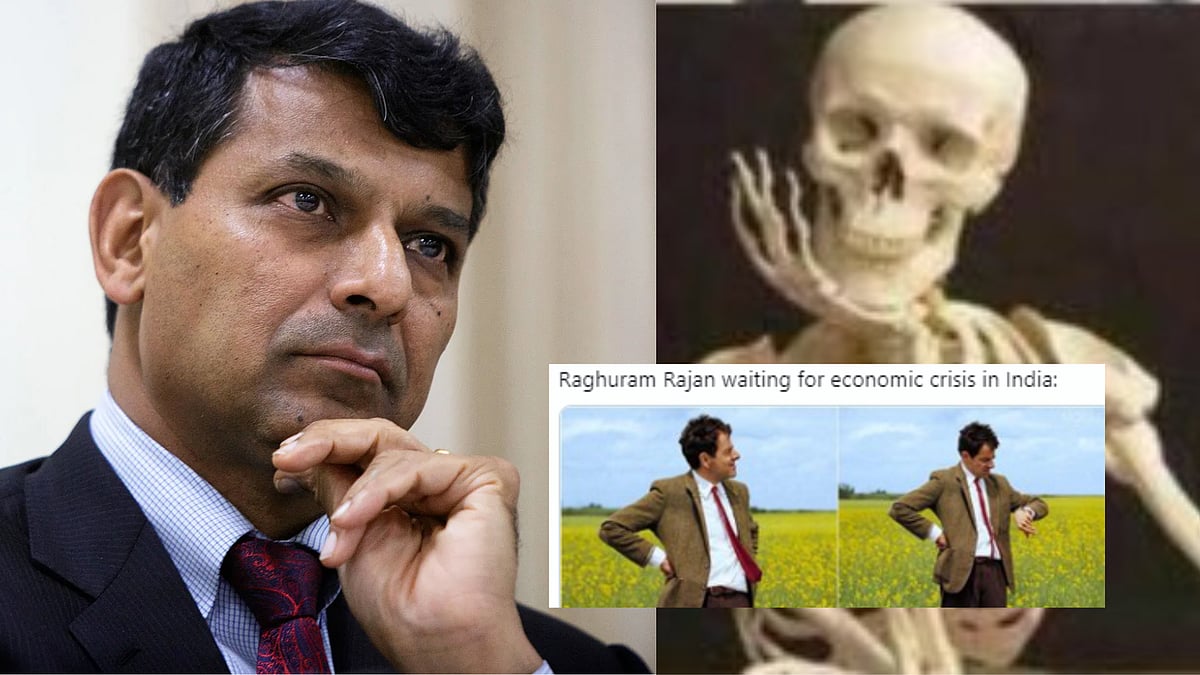
The findings of annual survey of elder abuse by HelpAge India is an eye opener. We, therefore, need to reverse this trend urgently at our individual level; governments can make laws but these cannot infuse reciprocal respect amidst the two most important stakeholders, namely “elders” and “youth”. If India is to move ahead and assume its rightful place in galaxy of prosperous as well as cultural nations, all of us must create a society and ambience that not only has “tolerance” but also “love” between youth and elders. Inter-generational solidarity is, therefore, an urgent imperative in India.
Suggested Roles:
Each one of us has a role to play to cater to this growing need of inter-generational solidarity:
1. Government: To make a campaign in this regard by adopting the principles of WHO Golden Network of Age Friendly Cities and Communities and by creating some model communities & cities through public-private-NGO participation.
2. Schools: To adopt a curriculum on “elder respect and elder care” in early part of school life say, 5th or 6th standard so that we create a future generation sensitive to needs of elderly population.
3. Students in Colleges: To sensitize them to expectations of elders, college students must be induced to spend some time on a regular basis with seniors not at homes, but outside say, in old age homes, particularly those who are vulnerable, weak, fragile, isolated and need companionship. This will help them to understand true reality of old age and look at this vulnerable section, not with a sense of sympathy, but with respect, love and affection. This alone can build a society full of mutual respect and reciprocal inter-dependence.

4. College Curriculum: Concepts of elderly care, laws / policy related to elders and the menace of elder abuse needs to be taught to all students irrespective of their major areas of discipline at under-graduate level. This will help them to prepare for a world “free of elder abuse”.
5. Elders: The elders have an equally important role to play to create a world of inter-generational solidarity. They should lead a life of giving: freely taking care of children at schools and may be at colleges as well sharing their areas of expertise with younger generations. Those elders, who are physically & mentality fit, should spend at least 2 to 3 hours week with younger generations in active life, giving advice and mentoring the younger kids.
Conclusions:
If any nation is to move forward as a “cohesive unit”, there is a need to build a sense of unity and mutual cooperation between all ages. Hence inter-generational solidarity is at the core of economic & social progress. Steps suggested above by various stakeholders may facilitate steps in this direction. In fact, there is a need to create a “national movement” for building inter-generational solidarity. All concerned should take active steps in this regard. My Retired Life Foundation (MRLF) has already started a campaign of building this movement by visiting various colleges / institutions and sharing thoughts on the subject with younger generation. We urge all to join in this imperative and crucial task of creating a “Cohesive India” where people of all ages live and exist peacefully with mutual love and respect.
The author of this article is Dr A K Sen Gupta, Chief Trustee, My Retired Life Foundation (MRLF).


